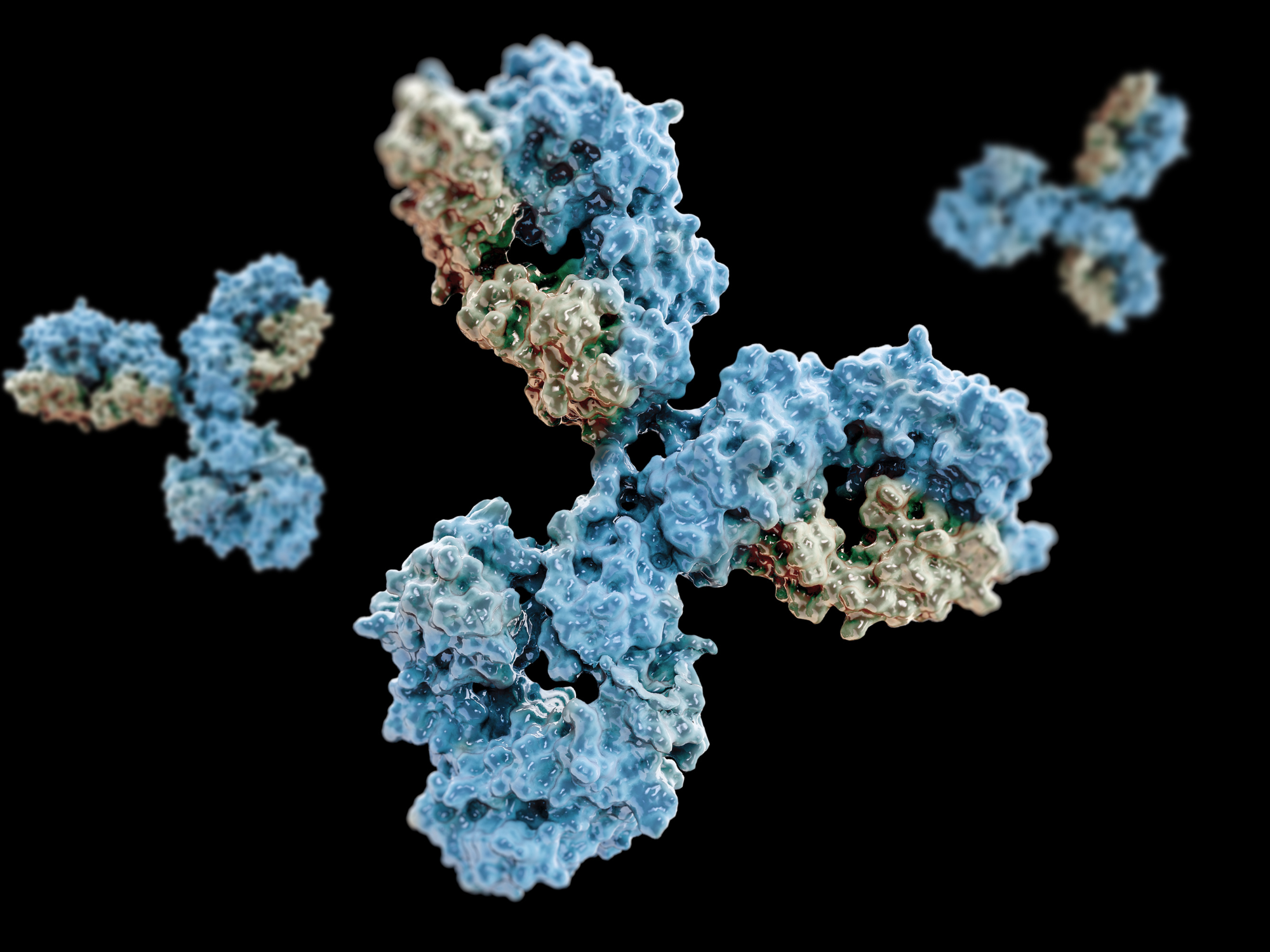Is Your WASH Causing Inflammation? Protein Complex Linked to Inflammatory Conditions

Neutrophils are a type of white blood cell that comprise up to 70% of the body’s overall white blood cell count. They are one of the first responders when a microorganism enters the immune system and are understood to be important modulators of both immune response and inflammation. In certain instances, neutrophils can damage healthy cells as well as invading pathogens; the antimicrobial molecules they release in exocytosis can be very potent, and excessive release of these molecules underpins inflammatory conditions such as sepsis, arthritis, and atherosclerosis.
- Blood Test Predicts Presence of Beta-Amyloid in Brain
- Market Battle for Rare Disease Treatment
- AstraZeneca Suffers Sales Decline for COVID Med Evusheld
A research team from the Scripps Research Institute, based in California, examined neutrophil exocytosis in more detail to better understand the mechanism and its links to inflammatory diseases. Their research sought to characterise the role of the Wiskott-Aldrich syndrome protein and scar homolog protein complex, or WASH for short. The protein complex is found in neutrophils and had previously been recognised as being involved in their exocytosis, but molecular mechanisms behind its activity were unclear.
The researchers found that the WASH protein complex acts as a gatekeeper for neutrophil exocytosis, which occurs in two stages. Initially, WASH facilitates the release of relatively mild antimicrobial molecules within gelatinase granules. The second type of exocytosis, usually only activated by more severe cases of infection or inflammation, involves the release of azurophilic granules. The molecules these granules contain are far more potent than those in gelatinase granules and therefore have a greater potential to harm bystander cells. Typically, WASH would restrict secondary exocytosis, thereby restraining the release of toxic azurophilic molecules.
"WASH seems to be an important molecular switch that controls neutrophils' response to infection and inflammation."
The Scripps team conducted further experiments on mice cells to establish what happens if the WASH gene is not functional. In neutrophils which had the WASH gene switched off, the white blood cells released excessive quantities of azurophilic granules. The blood levels of azurophilic molecules in these mice recalled those often found in cases of harmful systemic inflammation. A sepsis-like inflammation occurred, and the death rate of this group of mice was three times higher than that of the control group.
Sergio Catz, PhD, co-corresponding author of the study, said of these findings that “WASH seems to be an important molecular switch that controls neutrophils’ response to infection and inflammation.” He went on to acknowledge that when WASH dysregulation occurs, it can lead to uncontrollable inflammation like that associated with inflammatory conditions such as irritable bowel disease and even some cancers.
The Scripps team will continue to research WASH, along with other molecules involved in neutrophil exocytosis. They are now hoping to find a future treatment that can target the WASH-regulated pathway without hindering neutrophils’ capacity to fight pathogens, which might serve as a means to combat chronic and severe inflammation.
Join Oxford Global’s annual Biologics UK: In-Person event today. This 3-day conference brings together a panel of prominent leaders and scientists, sharing new case studies, innovative data, and exciting industry outlooks.
Get your weekly dose of industry news here and keep up to date with the latest ‘Industry Spotlight’ posts. For other Biologics content, please visit the Biologics Content Portal.









